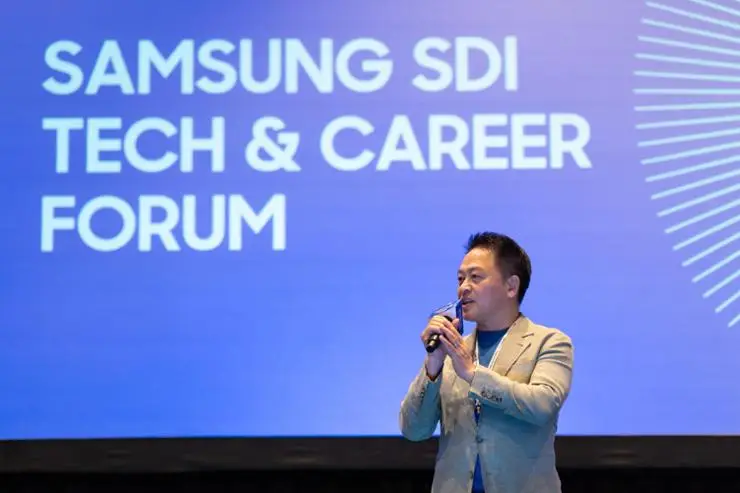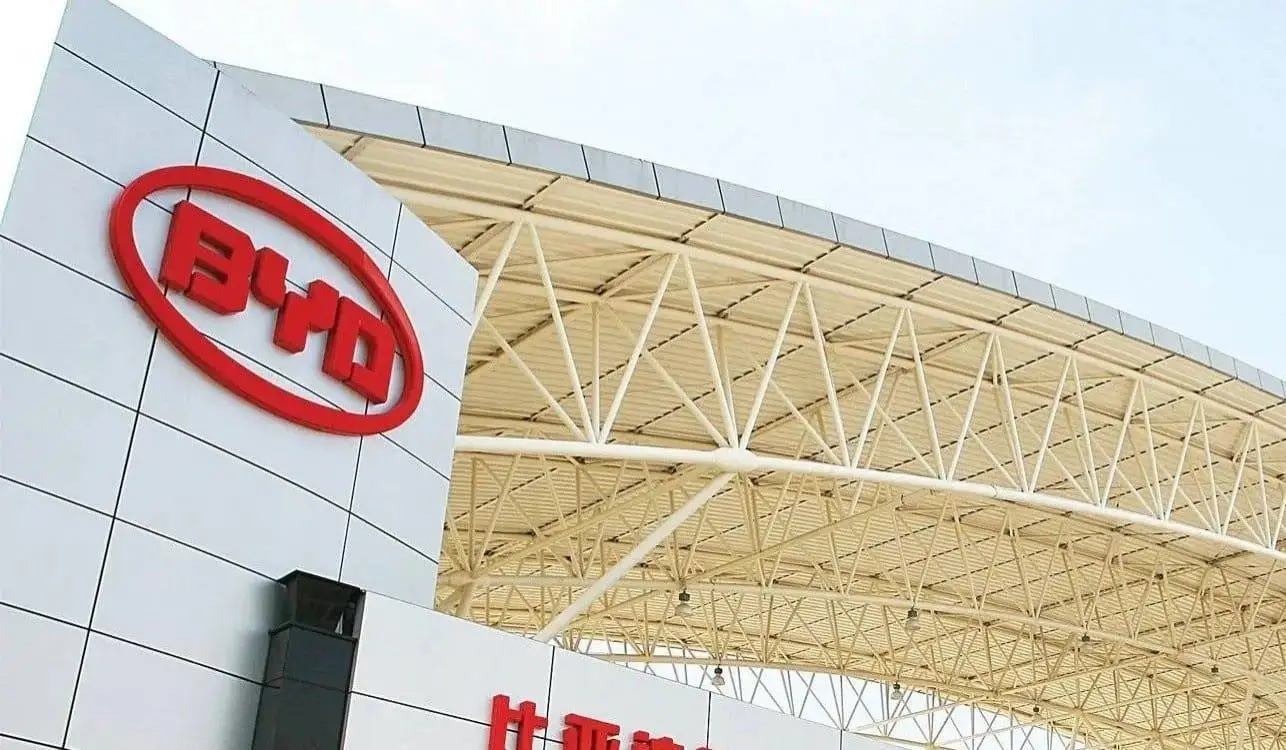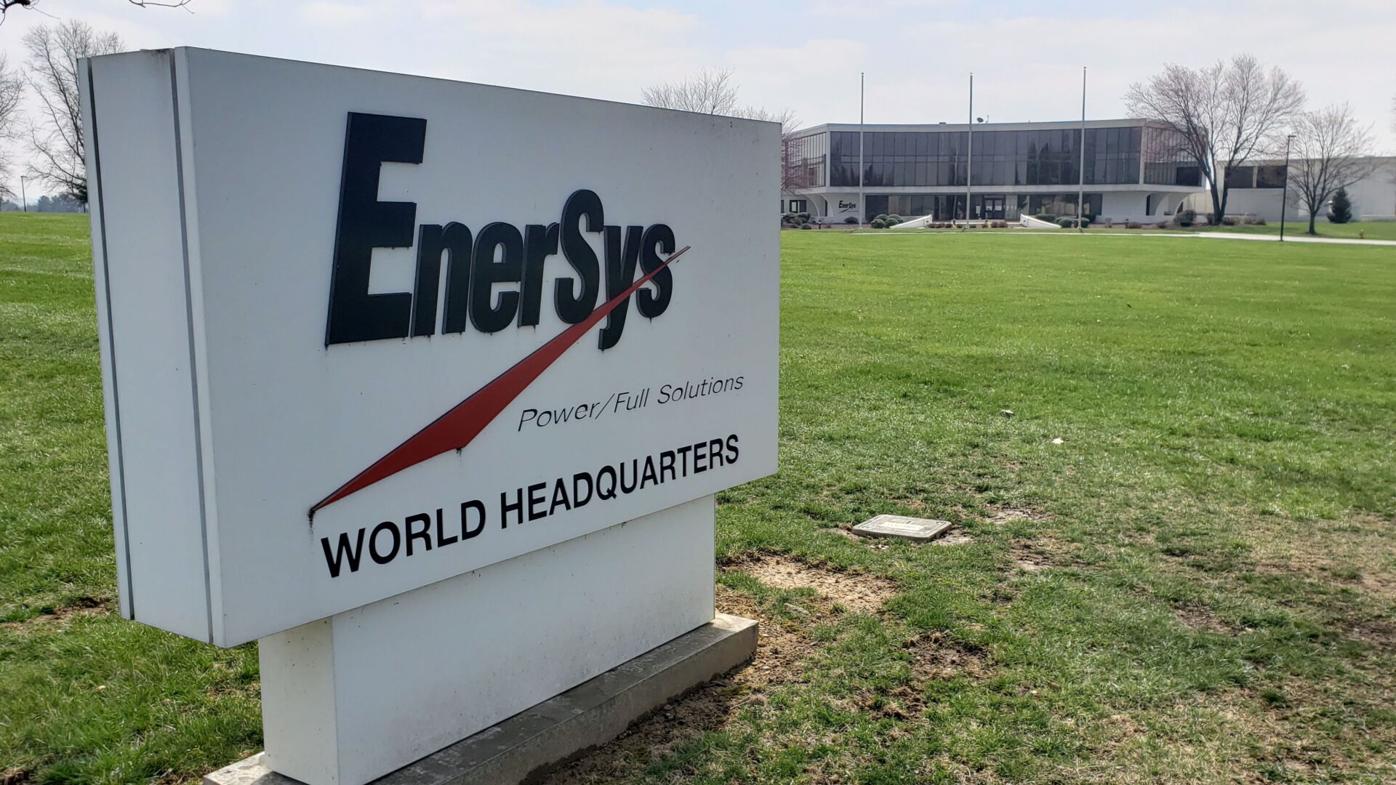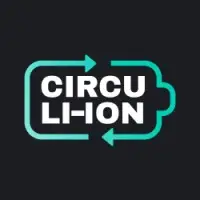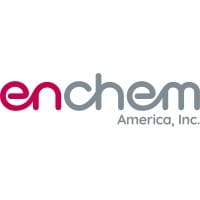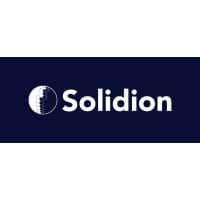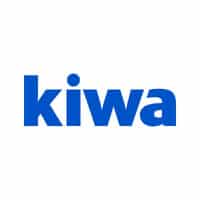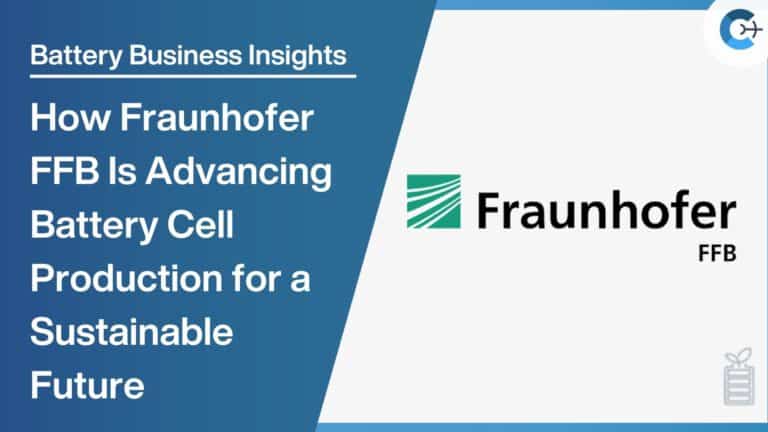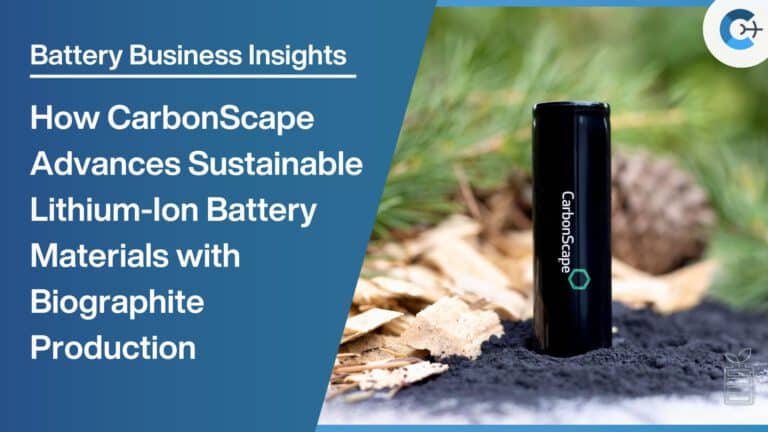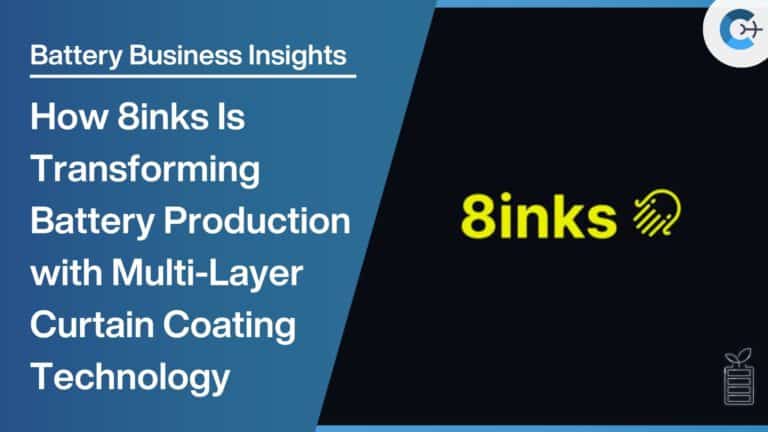Samsung SDI, a Korean battery manufacturer, is differentiating itself from competitors by maintaining its substantial investment plans despite a slowdown in global electric vehicle (EV) demand. This strategic decision contrasts with the approaches of rivals LG Energy Solution (LGES), SK On, and several Korean cathode material producers, who have chosen to reduce their investments.
The Samsung Group subsidiary has revised its production timeline for its North American joint venture with Stellantis. Mass production, originally planned for the first quarter of 2025, is now expected to begin in 2024. In addition, Samsung SDI is moving forward with the expansion of its Hungarian facility, demonstrating its commitment to long-term growth strategies.
During a recent earnings call, Samsung SDI Vice President Kim Yoon-tae stated, “We are making necessary investments for our mid- to long-term growth. He reported that the company’s investment volume doubled in the first half of 2024 compared to the previous year.
This approach differs from that of LGES and SK On. LGES has announced plans to limit investment to strategically critical areas and to halt construction of certain facilities in the United States. SK On is prioritizing cost reduction to improve profitability, with its joint venture with Ford Motor, BlueOval SK, adopting a more flexible production strategy.
The divergence in strategies also extends to the battery materials sector, where companies such as LG Chem, POSCO Future M and EcoPro BM are also slowing their investment plans.
Samsung SDI’s current investment strategy represents a shift from its more conservative approach during the 2022 EV industry expansion. At that time, the company focused on product quality and financial stability rather than rapid global expansion. This earlier cautious stance, while initially met with skepticism from some U.S. investment banks, has helped Samsung SDI become the most profitable battery company in Korea.
The company’s second quarter results reflect the results of its strategy. Samsung SDI reported an operating profit of 208 billion won ($153 million) from its battery business, maintaining profitability even without considering government incentives. In comparison, LGES and SK On relied heavily on U.S. government loans to improve their financial performance.
Source: The Korean Times

